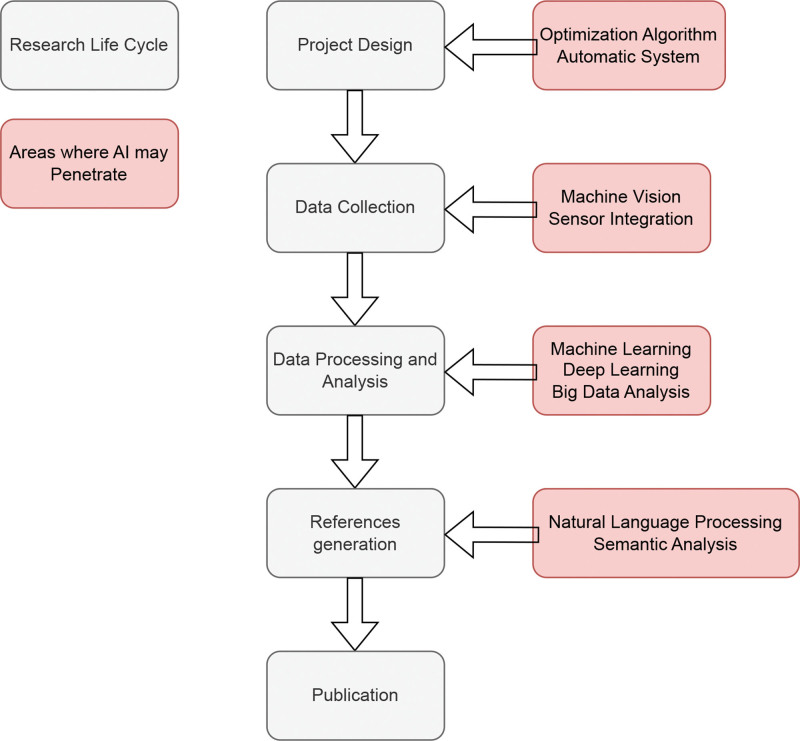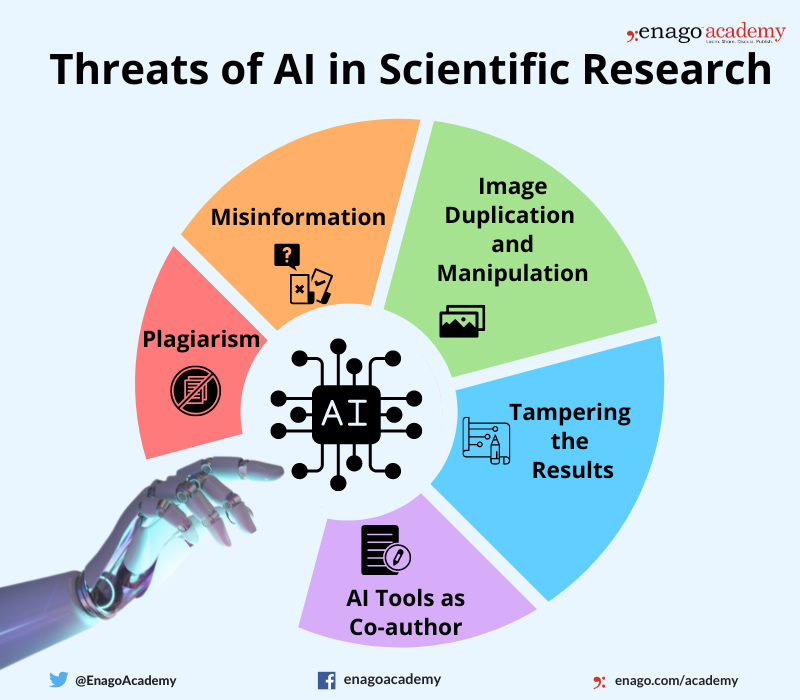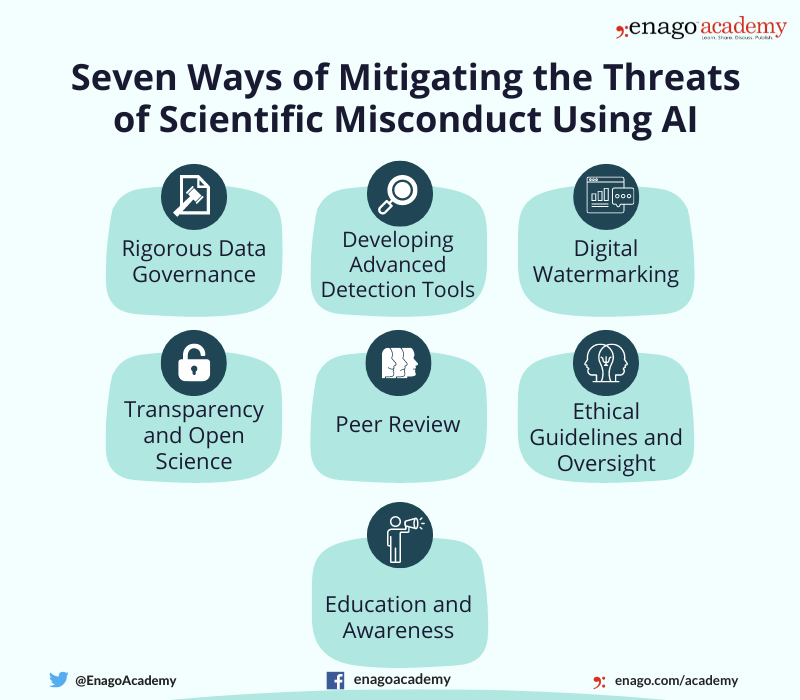Uncovering Research Misconduct in the Era of Artificial Intelligence
Dec 13, 2024Learn how artificial intelligence is revolutionizing the detection and prevention of research misconduct in today's digital age.
Uncovering Research Misconduct in the Era of Artificial Intelligence
The rise of artificial intelligence (AI) has revolutionized scientific research, offering unprecedented efficiency and accuracy in data analysis and other tasks. However, this technological advancement has also introduced new challenges to research integrity, creating sophisticated means for data fabrication, falsification, and plagiarism. This article explores the evolving landscape of research misconduct in the age of AI, examining the challenges and proposing solutions
Challenges Posed by AI
The use of AI in research presents several avenues for misconduct:
1. Data Fabrication and Falsification: AI algorithms, particularly deep learning models, can generate realistic yet entirely fictitious datasets. This capability poses a significant threat to research integrity, as fabricated data can mislead research outcomes and potentially lead to erroneous scientific theories and applications. The ease with which AI can generate convincing biomedical images and experimental results makes detection particularly difficult.
2. Text Plagiarism and Automatic Content Generation: Advanced natural language processing (NLP) systems can produce texts that mimic original scientific content, raising concerns about plagiarism and the authenticity of research. AI tools can automatically generate literature reviews, reports, and even entire papers, potentially leading to a proliferation of pseudo-original content.
3. Lack of Transparency and Disclosure: The opacity of AI algorithms can lead to a lack of transparency in research processes. Researchers may not fully understand the decision-making processes of the algorithms they use, leading to misinterpretations and misuse of results. This lack of transparency hinders reproducibility and verification of findings.
4. AI-Assisted Academic Misconduct: Several case studies highlight the misuse of AI in various research areas. These include the generation of fictitious clinical trial data, inappropriate application of statistical models, AI-assisted plagiarism, and data manipulation to conceal adverse results.
Detection and Prevention Strategies
Addressing the challenges of AI-facilitated research misconduct requires a multi-pronged approach:
1. AI Monitoring Tools and Techniques: New tools are being developed to detect AI-generated content and manipulated data. These include data integrity checkers, advanced plagiarism detection software, and tools that enhance the transparency and explainability of AI algorithms. Data provenance and AI model auditing are also crucial for ensuring the reliability and traceability of research processes.
2. Education and Training: Researchers need comprehensive training in AI ethics and responsible AI use. This includes education on data privacy, algorithmic bias, and the ethical implications of AI-assisted research. Mandatory training programs should be implemented to foster ethical research practices.
3. Policies and Procedures: Institutions must develop and implement clear policies and procedures related to research integrity in the AI era. This includes establishing codes of conduct, review mechanisms, and robust regulatory frameworks to detect and prevent misconduct.
4. Ethical and Regulatory Frameworks: Existing research ethics standards need to be updated to address the unique challenges posed by AI. New guidelines and regulations are needed to manage AI applications in research, ensuring transparency, accountability, and ethical considerations. International collaboration is crucial for establishing unified standards.
Future Outlook and Recommendations
The rapid evolution of AI necessitates continuous adaptation of strategies to maintain research integrity. Recommendations include:
- Strengthening ethical and regulatory education in AI technology.
- Establishing multidisciplinary collaboration mechanisms.
- Enhancing regulatory and review mechanisms.
- Emphasizing the importance of research integrity in the AI era.
A SWOT analysis highlights the strengths, weaknesses, opportunities, and threats associated with AI in research, providing a framework for navigating the complexities of this evolving landscape. Ultimately, maintaining research integrity in the AI era requires a collective effort from researchers, institutions, and the broader scientific community. While AI offers powerful tools, it is crucial to ensure its responsible and ethical use to safeguard the credibility and trustworthiness of scientific findings.



